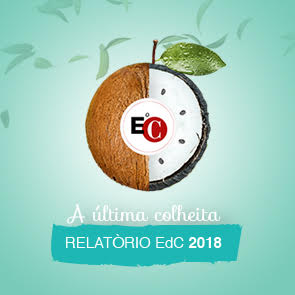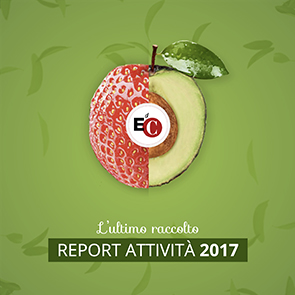O primeiro motivo do nascimento e da existência da Economia de Comunhão é a pobreza: De fato, a EdC nasce como tentativa de resposta aos enormes contrastes econômicos e às desigualdades que caracterizam a sociedade contemporânea, com o objetivo de torná-la mais justa e fraterna.
A EdC não pretende eliminar a pobreza tal como ela é, mas antes combater a “miséria”, palavra que descreve a forma de pobreza “sofrida” ainda por milhões de pessoas no mundo, através da valorização de uma outra forma de pobreza, a “escolhida” por empresários, consumidores, cidadãos… que decidem renunciar a algo de próprio, usar os bens de maneira sóbria, escolhê-los responsavelmente, no conceito que “os bens […] tornam-se […] estradas de felicidade somente se forem compartilhados com os outros” (Bruni 2004)
Nesta perspectiva, a miséria, proveniente da falta de bens materiais, e a possibilidade de uma sua resolução, estão estritamente ligadas à promoção de uma série de outras condições (a educação, a saúde, o trabalho, uma casa…) que fazem com que um ser humano “floresça”.
Entre estas condições destaca-se, especialmente, a qualidade dos relacionamentos que se vivem: de fato, as relações na visão da EdC são entendidas como um capital fundamental para o desenvolvimento humano.
Esta ideia implica ainda um modo original de pensar nas estratégias de combate à miséria, atuadas nos projetos que a EdC apoia e promove: esses são delineados para evitar a instauração de formas de ajudas assimétricas, - como muitas vezes aconteceu na história – nas quais tem alguém que tem e que dá a alguém que não tem, marcando um estado de inferioridade e alimentando, normalmente, dinâmicas de dependência.
As estratégias de combate à pobreza atuadas pela EdC, procuram, acima de tudo, valorizar dinâmicas de reciprocidade, onde alguém pode oferecer a riqueza da qual é portador, colocando todos no mesmo nível de igual dignidade: irmão, membros de uma mesma família.

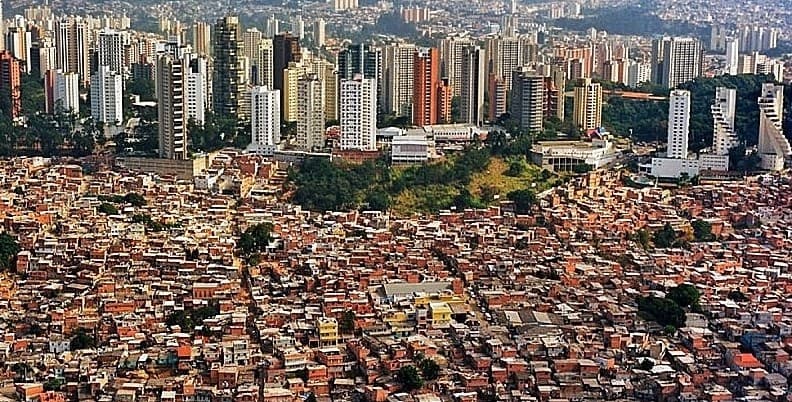


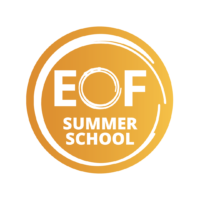 a number of relevant field trips and cultural events.
a number of relevant field trips and cultural events. 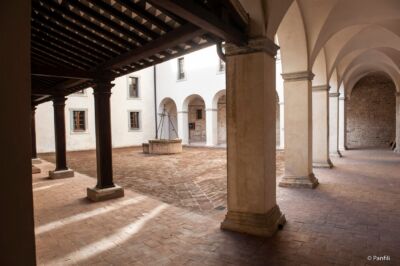 The EoF Summer School will offer high formation on the conceptual and practical pillars of the Economy of Francesco. The programme offers a focus on the topics of commons. With the third millennium, we have now entered the era of common goods: if we continue to think and act like we are the owners and masters of the earth, of the environment, of the oceans, we will only end up destroying them. We must quickly learn to make use of goods without being their masters, and master the art of using and ‘making use of’ them, without ownership, just like St. Francis. What if the economy of the sine proprio was that of the era of common goods? Will it be the oikonomia of Francis that will save both us and the earth in the end?
The EoF Summer School will offer high formation on the conceptual and practical pillars of the Economy of Francesco. The programme offers a focus on the topics of commons. With the third millennium, we have now entered the era of common goods: if we continue to think and act like we are the owners and masters of the earth, of the environment, of the oceans, we will only end up destroying them. We must quickly learn to make use of goods without being their masters, and master the art of using and ‘making use of’ them, without ownership, just like St. Francis. What if the economy of the sine proprio was that of the era of common goods? Will it be the oikonomia of Francis that will save both us and the earth in the end?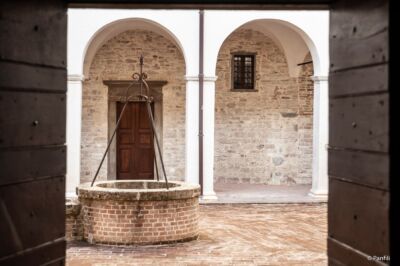 Cancellation policy:
Cancellation policy:

